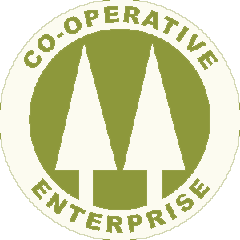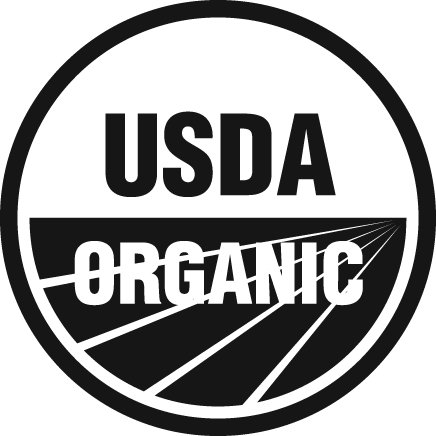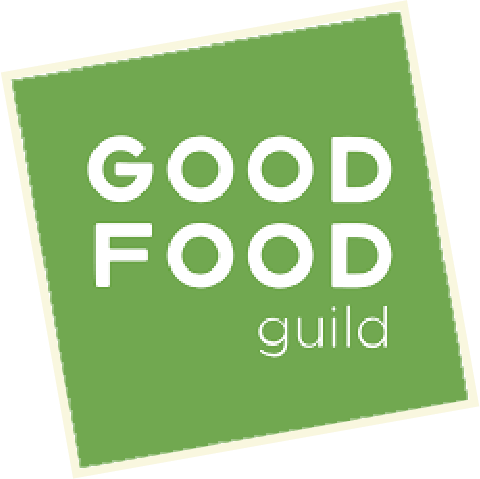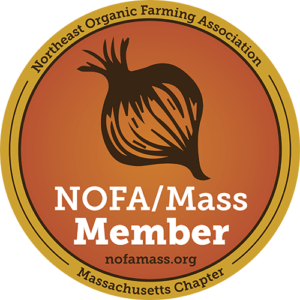
Dave Chamutka of Chamutka Farm recently harvested the last of his 2011 cabbage crop and delivered it to our door. By the next day, those cabbages were all peeled, cored, shredded, salted, and fermenting in barrels. It was the final batch of vegetables for the year for us. We’re now stocked up until next season – the cooler is full of packed cucumber pickles, the warehouse extra-full of barrels of fermenting cabbage, beets, and ginger carrots.
This particular November, it’s a bit of a relief walking through our warehouse and seeing all those barrels full of locally-grown vegetables on their way to becoming pickles. Given how heavily we depend here at Real Pickles on the success of the local farm harvest, there was a lot of uncertainty this season about how things were going to go.
The first concrete indication that 2011 might be a little different came in June when Gideon Porth from Atlas Farm called up to say that he was re-seeding his entire main crop of pickling cucumbers, and so we should expect a delay in the harvest this year. Many of the cucumber seeds had just rotted in the mud, as spring had been so cool and wet. As we got further into the season, we learned that the spring weather had affected many of the other crops we were waiting on, as well.
Once July hit, the weather got hot and quite dry for awhile. But, the dry weather, of course, was not to remain. In late August, Irene dumped epic amounts of rain on all the farm fields in the area. Within a couple days, the Connecticut River was overflowing its banks and flooding fields at three of the six farms we work with (among many other area farms). Harlow Farm, in Westminster, VT, was especially hard hit – a significant portion of the farm was underwater before the river finally receded. The sky was blue within a day of Irene’s passing, but many more inches of rain came down in the weeks following. By the time Dave Chamutka was ready to start harvesting his cabbage in late September, his fields were so muddy he wasn’t sure he’d be able to get in there to cut them.
In the end, though, we managed to fill all those barrels with top quality, delicious, locally-grown, organic vegetables. Amazing! Despite the odds, the area’s local farmers came through for us. Gideon re-planted those seeds and went on to grow us plenty of beautiful pickling cukes. Dave and his crew had to walk those first heavy crates of cabbage all the way out of the muddy field before being able to finally drive a truck in, but in the end managed to deliver to us what we needed to stock up on Organic Sauerkraut for the year. The losses at Harlow Farm included carrots we were planning to buy. But, we struck up a relationship with Joe Czajkowski, a third-generation farmer in Hadley, MA, who was able to fill in so that we could keep making our Organic Ginger Carrots.
We are always appreciative here of our local farmers, but in a year like this one we are especially thankful. This season we were reminded of the challenges of committing to buying our ingredients only from local farms. If we hadn’t been able to get enough cabbage, then come next spring we would be running out of several Real Pickles products. But, even more, we were reminded of how resilient a well-developed local/regional food system can be. After all, local farms still produced a tremendous amount of food this year, despite the adversity.
Resiliency is one reason why local/regional food systems make so much more sense than our dominant industrial one. This has much to do with diversity and decentralization, as opposed to monoculture and centralization. In our centralized industrial system, the majority of lettuce consumed in the United States is produced monoculture-style in Salinas, CA. As a result, when the weather in Salinas is bad for lettuce, suddenly an important food can become scarce and expensive as far away as New England. An even worse situation ensues when scary pathogens like E. coli 0157:H7 (whose appearance seems to be a direct result of industrial agricultural practices – see Michael Pollan for details) show up on a crop like lettuce. With agricultural production so concentrated, such contamination quickly leads to widespread illness and nationwide recalls.
But, the diversity and decentralization that come with local/regional food systems promise to make us far less vulnerable than that. On farms producing many different crops, rough conditions in a given year are likely to impact certain ones but are unlikely to impact everything. In the huge October snowstorm we experienced recently, Atlas Farm’s two-acre lettuce crop got squashed by the snow, but their other autumn crops survived. In a decentralized food system, a critical crop shortage experienced by a particular region in a given year could likely be rectified by sourcing from another region. No one need starve.
A food system’s resiliency does not stem solely from diversity and decentralization, however. As I think about all of those cucumbers the crew at Atlas Farm managed to harvest for us after such an inhospitable spring, and about all the heads of cabbage that were coaxed to maturity in the mud at Chamutka Farm, I am reminded that it is also the skill, tenacity, and creativity of the farmers that make a food system resilient. Those farmers worked especially hard this season. We at Real Pickles wish them a good winter’s rest!





